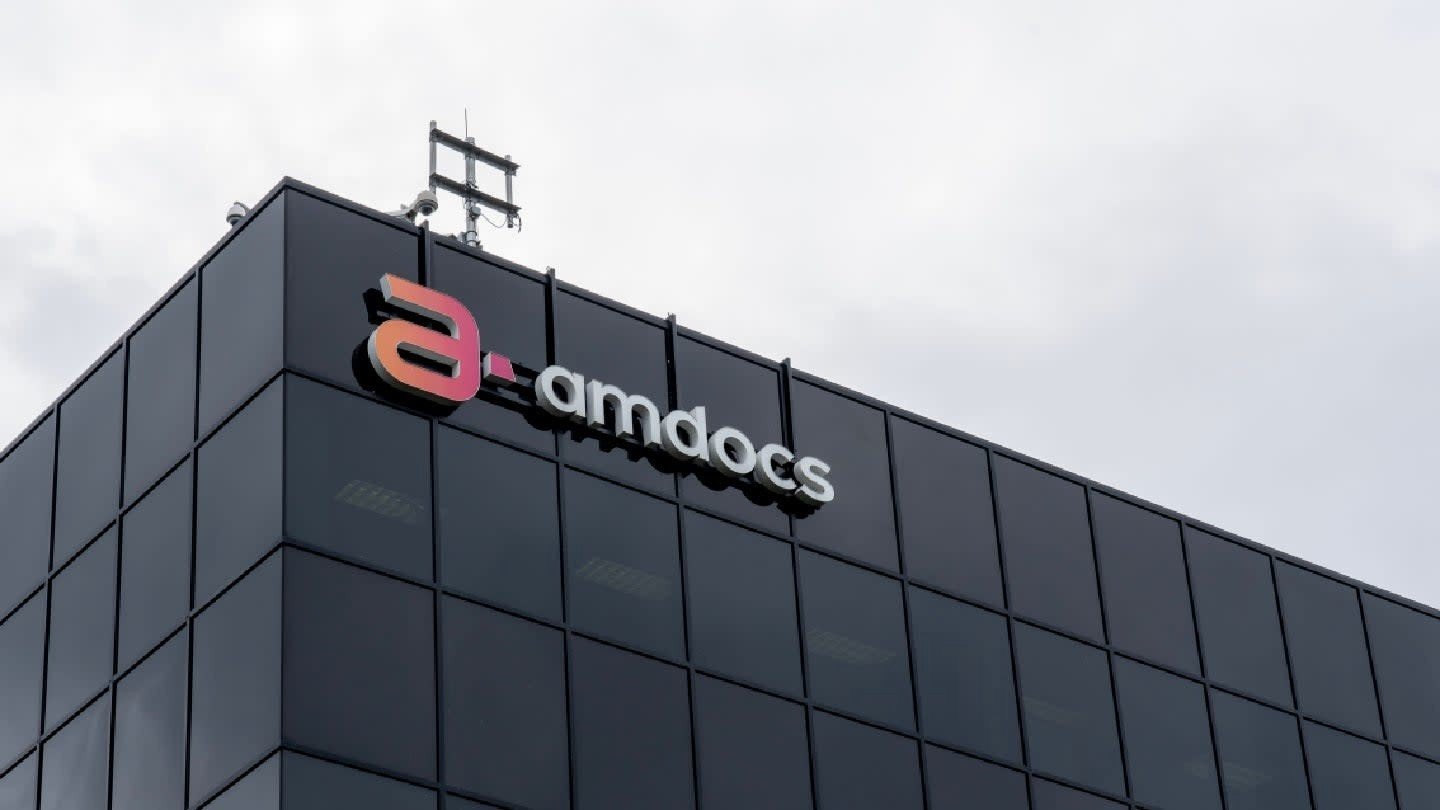Aramco Digital, the digital arm of Saudi Arabia’s oil giant Aramco, is making significant strides to bolster the country’s artificial intelligence (AI) ecosystem, positioning Saudi Arabia as a key player in the global AI industry. This move aligns with the Kingdom’s Vision 2030 initiative to transition from an oil-based to a technology-driven economy.
As part of this ambitious push, Aramco Digital has partnered with Groq to establish the world’s largest inferencing data center in Saudi Arabia. According to a press release, the facility is expected to process billions of tokens daily by the end of 2024, with capabilities to onboard hundreds of thousands of developers. By 2025, it aims to scale up, processing hundreds of billions of tokens per day and supporting millions of developers, setting new standards in the industry.
At the recent Global AI Summit in Riyadh, Aramco Digital signed several Memorandums of Understanding (MoU) to further expand its AI capabilities. These include collaborations with Cerebras Systems and FuriosaAI in the supercomputing and AI domains, as well as a partnership with South Korea’s Rebellions to deploy its Neural Processing Unit chips in Aramco’s data centers. Additionally, Aramco Digital inked a deal with SambaNova Systems to accelerate AI innovation and adoption across Saudi Arabia and announced the deployment of one of the region’s first AI supercomputers powered by NVIDIA GPUs.
These strategic partnerships reflect Saudi Arabia’s broader vision to build its AI infrastructure and capabilities, part of a larger plan to shift its economy from oil dependency to becoming a global technology leader.
Challenges Ahead: Talent and Chip Shortages
However, Saudi Arabia faces significant challenges in realizing its AI ambitions. A shortage of skilled AI talent and limited local tech industry infrastructure remain major hurdles. Ismail Patel, Senior Analyst at GlobalData, emphasized the importance of upskilling the local workforce and fostering homegrown tech entrepreneurs to build a sustainable AI ecosystem.
The U.S. ban on exporting advanced NVIDIA AI chips to Saudi Arabia further complicates the situation. This restriction, originally aimed at curbing China’s access to high-end AI technology, could also hamper Saudi Arabia’s AI industry growth. Despite these challenges, industry experts remain optimistic about Saudi Arabia’s potential to secure high-performance AI chips in the near future, with the Kingdom striving to establish AI sovereignty.
As part of its Vision 2030 strategy, Saudi Arabia has already created the Saudi Data and AI Authority (SDAIA) and is reportedly planning to establish a $40 billion fund to fuel AI development.
Strategic Investments for a Knowledge-Based Economy
Hamza Naqshbandi, Country Lead for Saudi Arabia at IDC, believes that strategic investments in AI will help Saudi Arabia diversify its economy, create new industries, and enhance its global competitiveness. “This shift is not just about diversification but about securing the nation’s future in a rapidly evolving global economy,” Naqshbandi said, highlighting that AI will play a pivotal role in transforming Saudi Arabia into a knowledge-based economy.
While challenges such as talent shortages and access to advanced chips persist, Saudi Arabia’s ongoing investments and partnerships signal a strong commitment to becoming a leader in the global AI ecosystem, paving the way for a tech-driven future.















